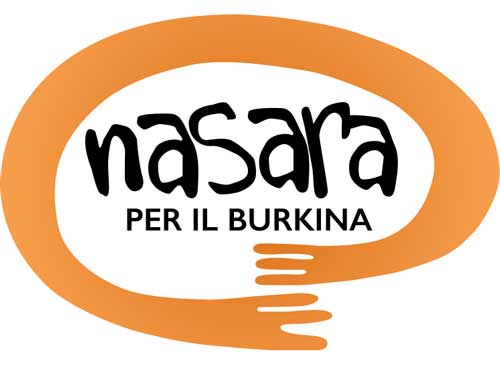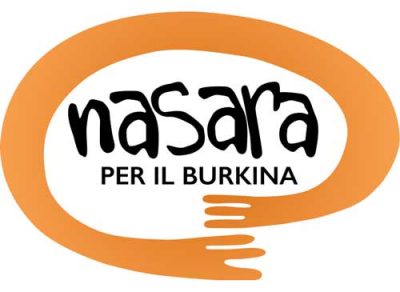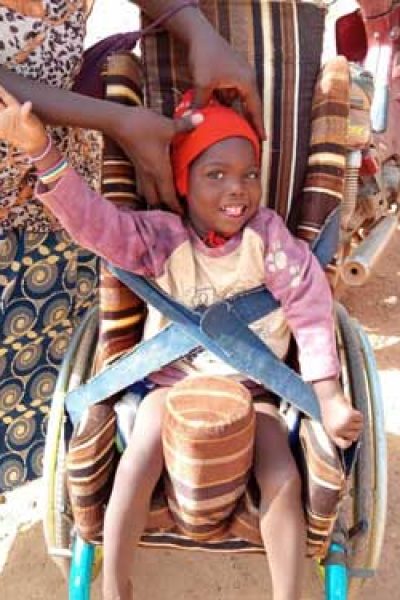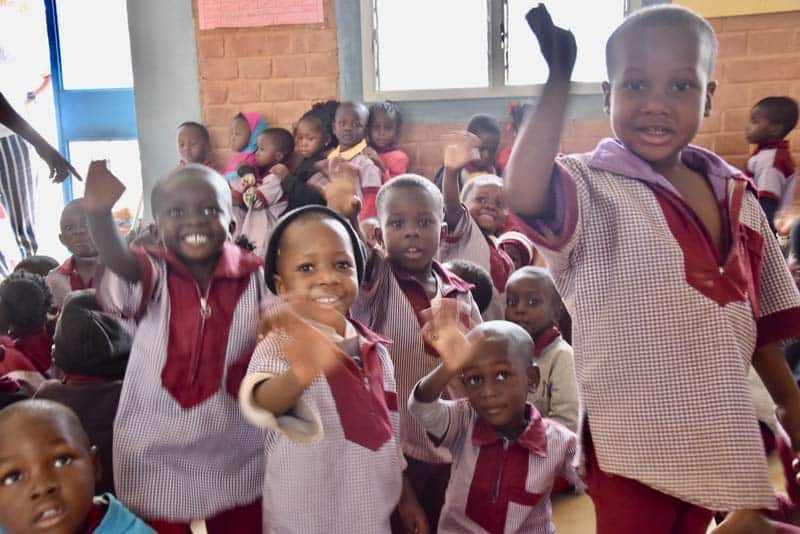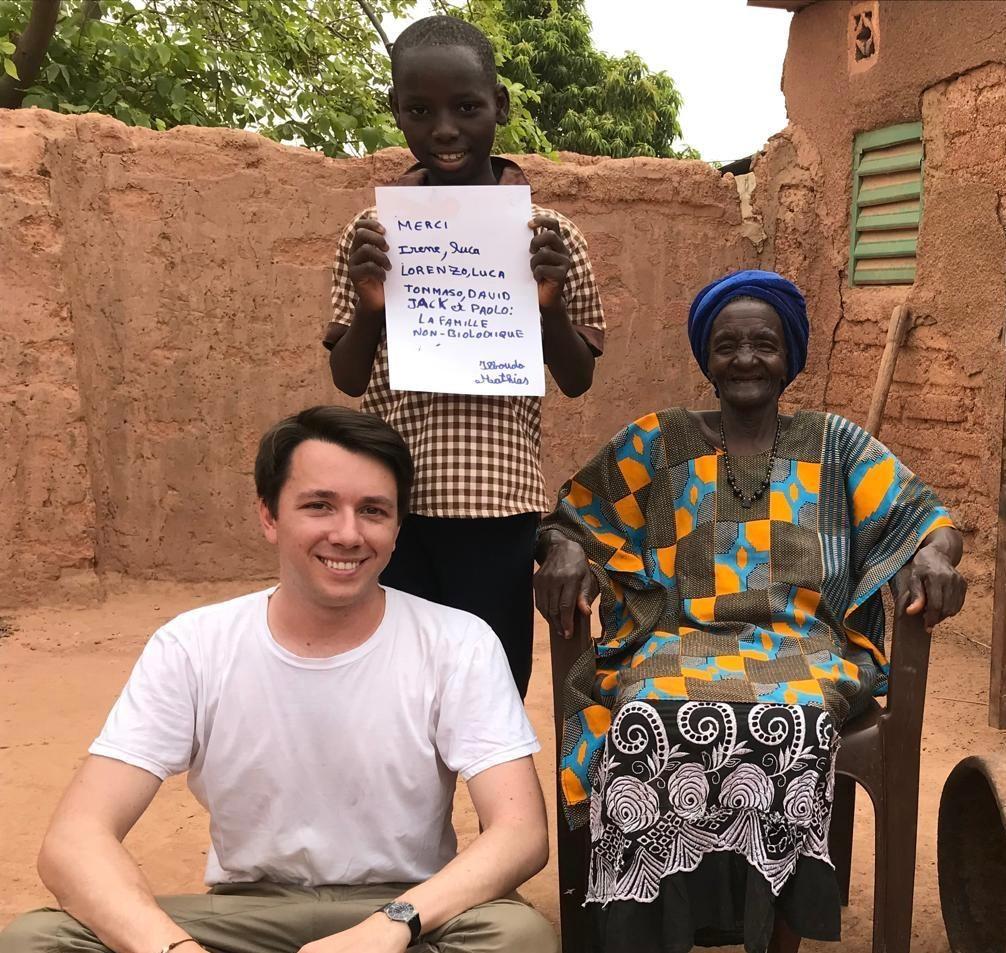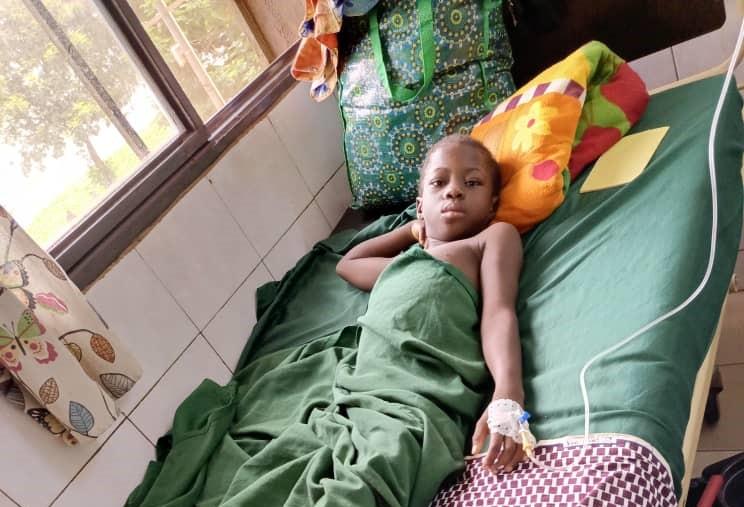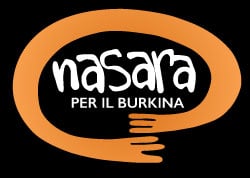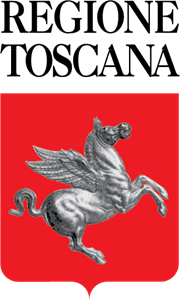
We are almost at the end of the project financed by the Region of Tuscany in 2017 entitled‘100 chicken houses in Dijcofè‘, which aims to distribute kits to start family farms in the Djicofè neighbourhood.
The beneficiaries of this project are Djicofè families interested in developing a family farm. At the moment, about a hundred kits have been distributed and the goal is to reach about 300 beneficiary families for a total of about 1,500 chicks distributed.
Each family has been selected through an enquiry carried out by a local animator who, on behalf of the project, visited the homes to verify the actual need for help.
Once selected, the family receives initial training on family rearing and, when available, receives a kit consisting of four pullets and an 8-week-old cockerel, already vaccinated, as well as feed for the first two weeks of rearing at the beneficiaries’ home.
Depending on the progress of the family rearing, each beneficiary will receive additional feed up to the 16th week of the chickens’ life, at which point the project support ends and the family rearing should continue independently.
During the period when the family farms are in the start-up phase (between week 9 and week 16 of the chickens’ lives), the facilitator will again make two home visits to each family and write down in a report the positive results or problems encountered during the visits.
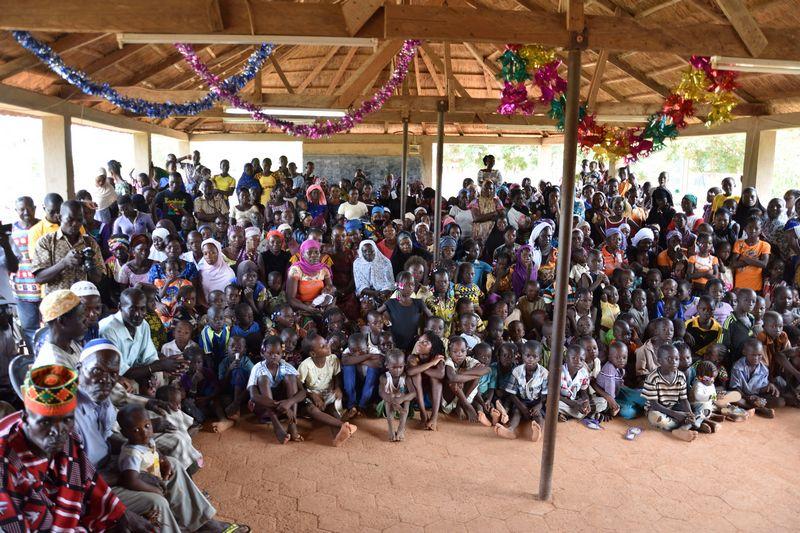
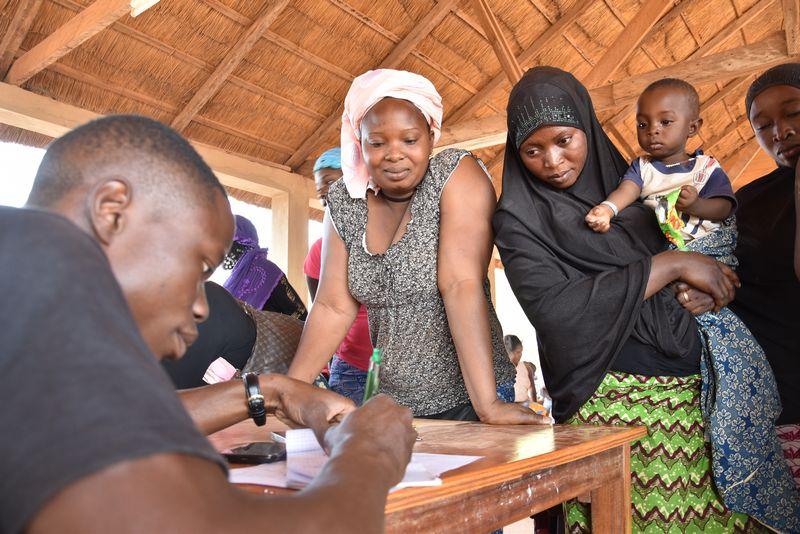
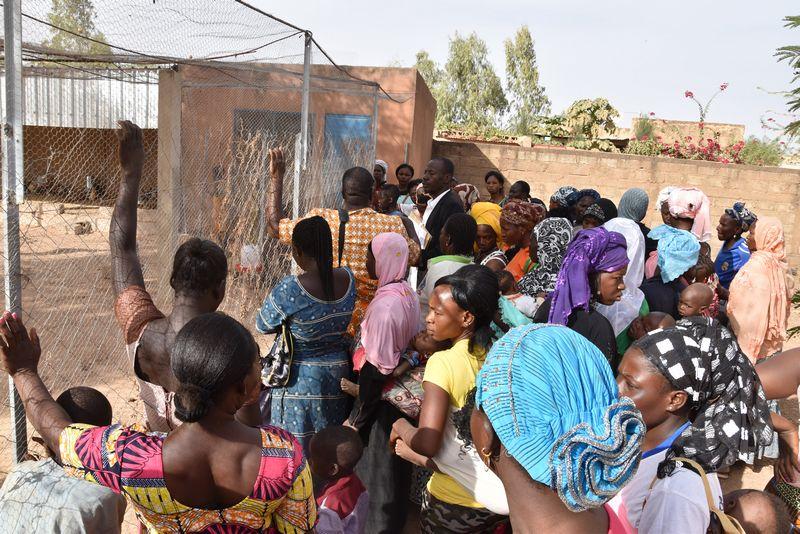
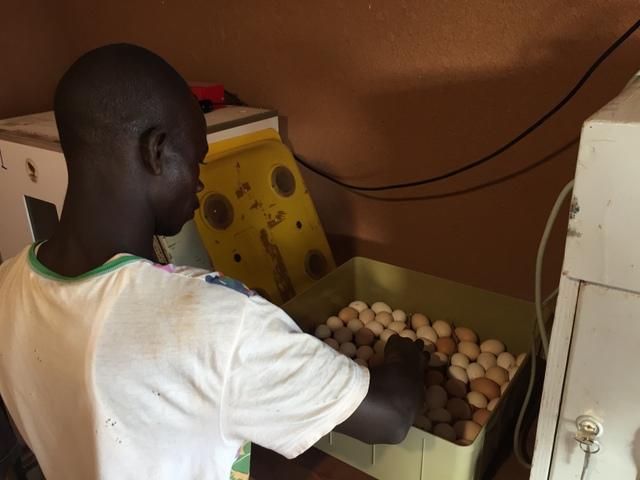
This project is considered innovative because:
- conditions are created to have a small social enterprise that aims to produce chicks born and bred locally. So there is no dependence on external breeding and even less on Europe, as is often the case in Africa.
- family farms in an unplotted suburb of a large city are very difficult due to high population density, lack of space, and the numerous possibilities of contagion among the chickens on the run
In order to have locally hatched chicks, at the social centre in Djicofè, we created and manage two breeding groups that produce fertilised eggs from which chicks with improved characteristics compared to local breeds will be hatched. This was necessary because the local chickens are indeed resistant to the very difficult climatic conditions here in Africa. On the other hand, they need to be improved both in terms of egg production and weight gain, otherwise the breeding is not profitable.
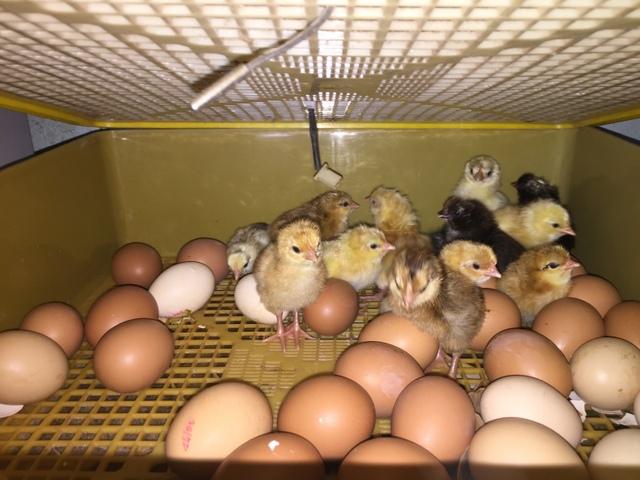
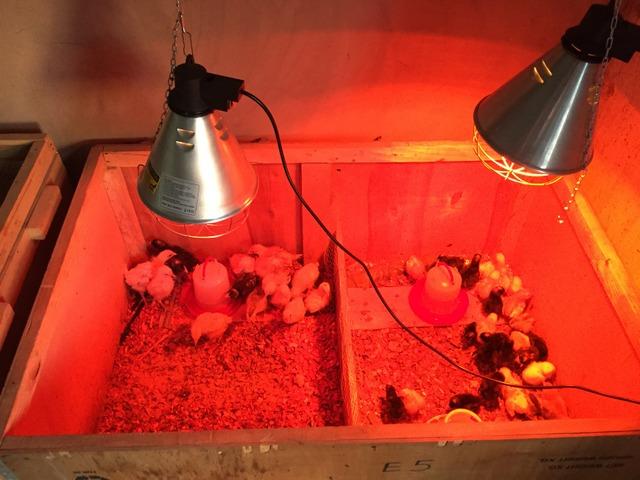
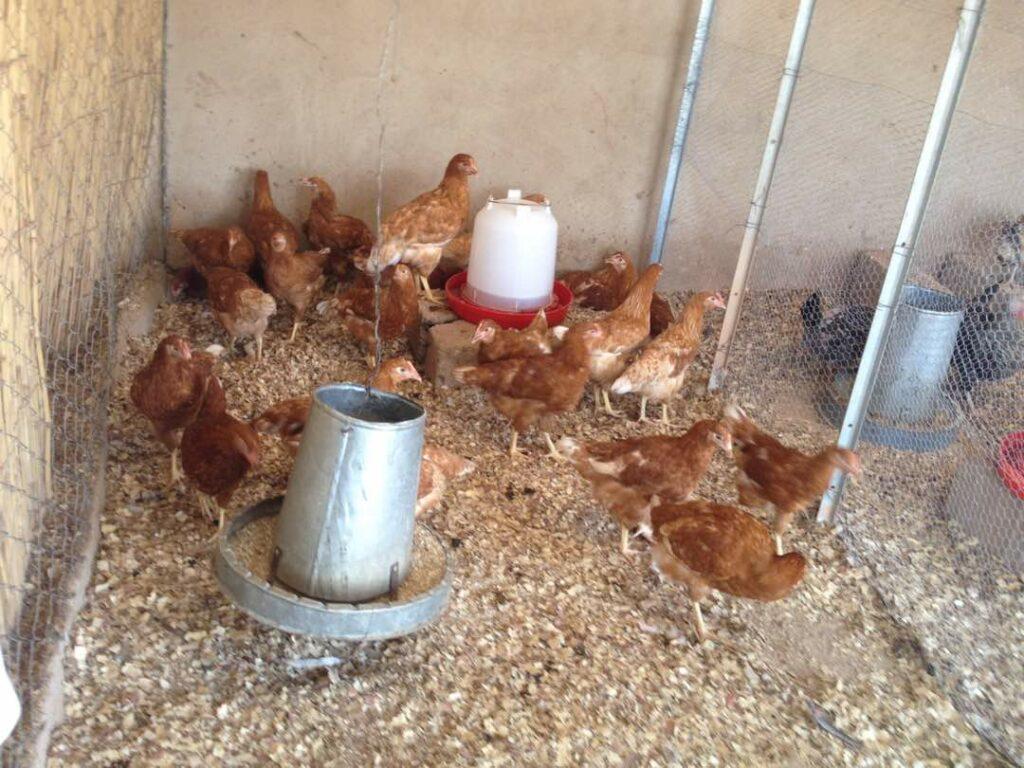
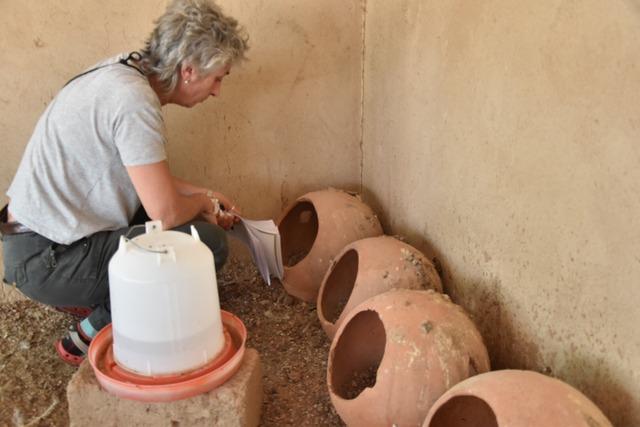
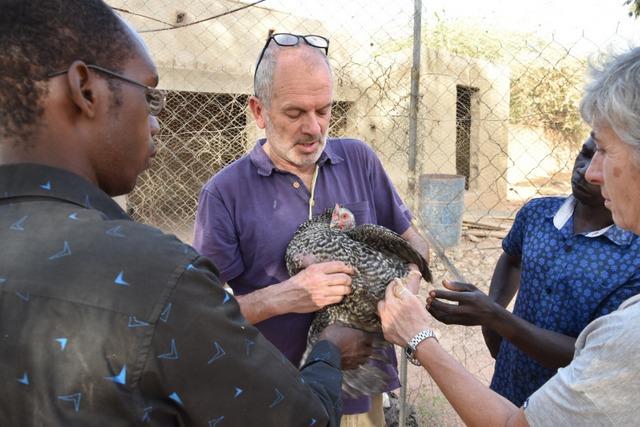
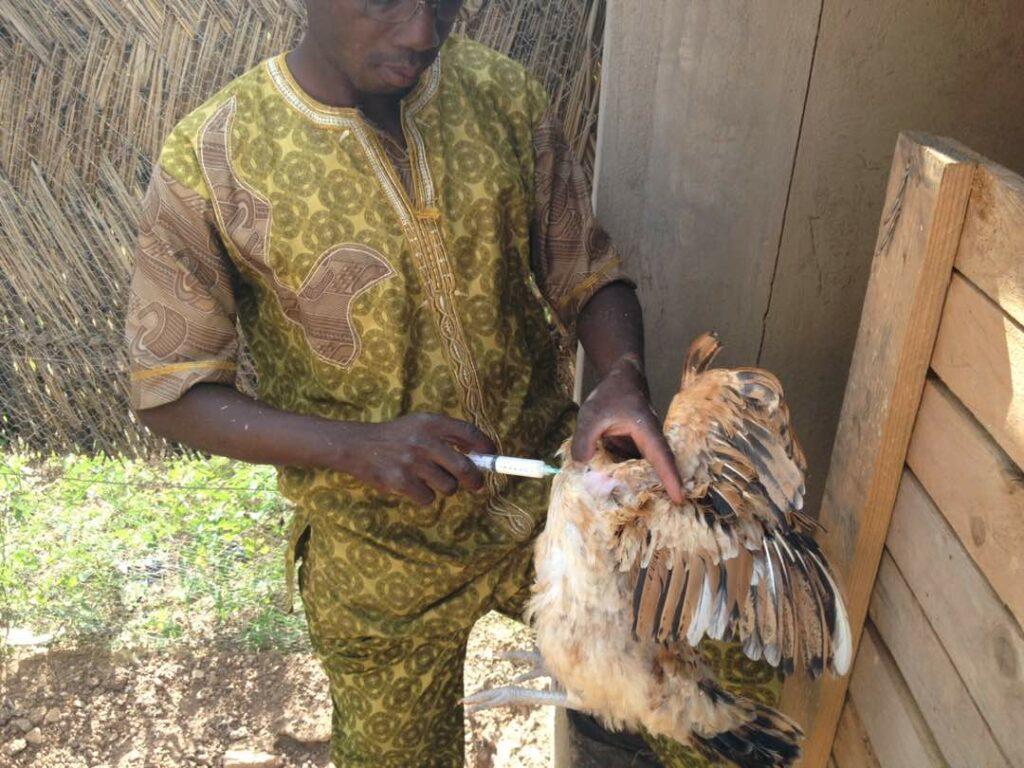
To achieve these results, the two breeding groups are composed as follows:
- local hens crossed with cocks of improved breeds, however born in Burkina
- hens of improved breeds, born in Burkina, crossed with local cocks
The eggs produced are collected several times a day and, within a few days of laying, are placed in one of our five incubators to hatch.
The newly hatched chicks are collected and placed in heated containers so that in a few days they can get used to the environmental temperatures and are able to withstand the day-night temperature fluctuations.
All the data from the breeders, the incubators and the internal breeding at the social centre (up to 8 weeks of chick life), as well as the data collected by the animators in the family farms (from 9 to 16 weeks), are constantly monitored and interpreted by the veterinarians of the association “Veterinari Senza Frontiere” and specialised staff of the Faculty of Veterinary Medicine of the University of Pisa.
The Italian vets went on a 15-day mission to Djicofè in February 2019 and provided important data to improve the entire production cycle.
At the end of the project funded by the Tuscany Region (30 April 2019), the following results will be obtained:
- there will be around 300 new small family farms throughout the Djicofèsi district
- the breeding centre located at the community centre will continue to supply kits to outside families, but in smaller numbers, while the surplus of chicks will be placed for fattening for sale at the market.
- the foundations will have been laid for a new breeding of laying hens that will allow the sale of fresh eggs to the local market
- All proceeds (from the sale of chickens and the sale of eggs) will be used to finance the kindergarten, which will also, in a small part, benefit from meat for the in-house canteen that prepares meals for around 220 people every day.
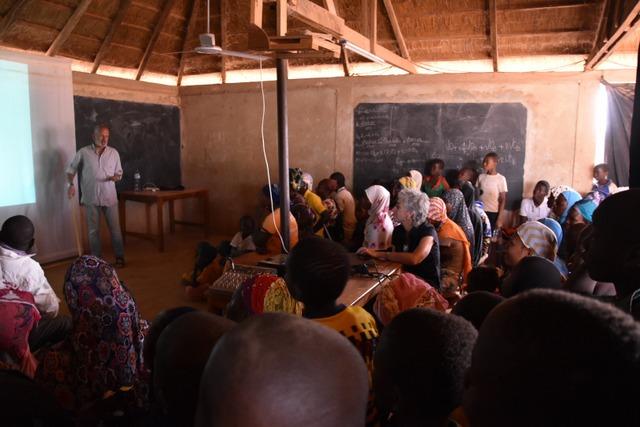
On 23 May 2019, the School of Specialisation in “Animal Health, Livestock and Livestock Production” of the University of Pisa will organise a seminar entitled“Small scale farmers and global strategies – an urban and peri-urban poultry farming project in Burkina Faso“, where speakers will present the results of the research carried out during the project.
